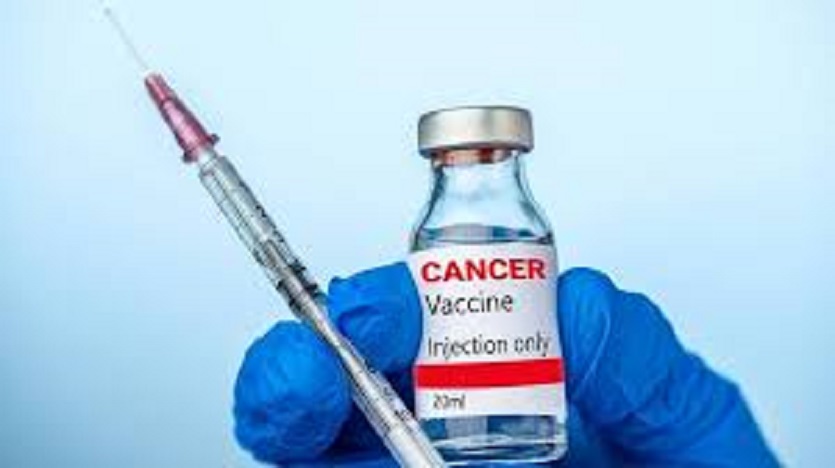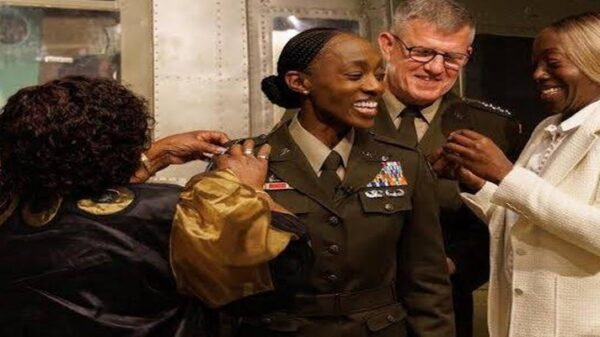Russia’s Ministry of Health has unveiled a revolutionary development in cancer treatment—a personalized mRNA-based cancer vaccine that will be distributed free of charge beginning in early 2025.
This innovative vaccine, designed to treat cancer rather than prevent tumour formation, utilizes genetic material extracted from a patient’s tumour to create a customized treatment. Each dose is estimated to cost the government approximately 300,000 rubles ($2,869).
Andrey Kaprin, head of the Radiology Medical Research Centre of the Ministry of Health, hailed the vaccine as a significant advancement in oncology.
“We are witnessing a major leap forward in cancer treatment,” Kaprin stated.
While the Ministry has not disclosed which specific cancers the vaccine targets, the development is being recognized as a milestone in personalized medicine.
The vaccine works by training the immune system to identify and attack cancer cells.
This is achieved by introducing tumour-specific antigens—unique proteins found on the surface of cancer cells—that prompt the immune system to produce antibodies capable of targeting and destroying malignant cells.
Alexander Gintsburg, director of the Gamaleya National Research Centre for Epidemiology and Microbiology, highlighted the role of advanced technology in streamlining vaccine production.
“Creating personalized vaccines is currently time-intensive due to the complex mathematical calculations involved,” he explained.
“However, we are working with the Ivannikov Institute, which uses neural network computing to significantly reduce the time needed for vaccine customization—from several days to as little as 30 minutes to an hour.”
This groundbreaking initiative comes at a critical time as cancer cases in Russia continue to rise.
In 2022, over 635,000 new diagnoses were recorded, with colon, breast, and lung cancers being the most prevalent.
The government’s decision to provide the vaccine free of charge reflects its commitment to addressing the growing cancer burden.
Russia’s advancements are part of a global movement toward personalized cancer vaccines. In the U.S., researchers at the University of Florida have developed a customized vaccine for glioblastoma, a highly aggressive brain cancer, with early trials showing promising immune responses within two days of injection.
Similarly, in the UK, scientists are testing a personalized vaccine for melanoma, the deadliest form of skin cancer, with initial results indicating improved survival rates.
As cancer remains one of the world’s leading causes of death, Russia’s innovative approach offers renewed hope for millions, setting a precedent for the global fight against this devastating disease.
![]()



























































